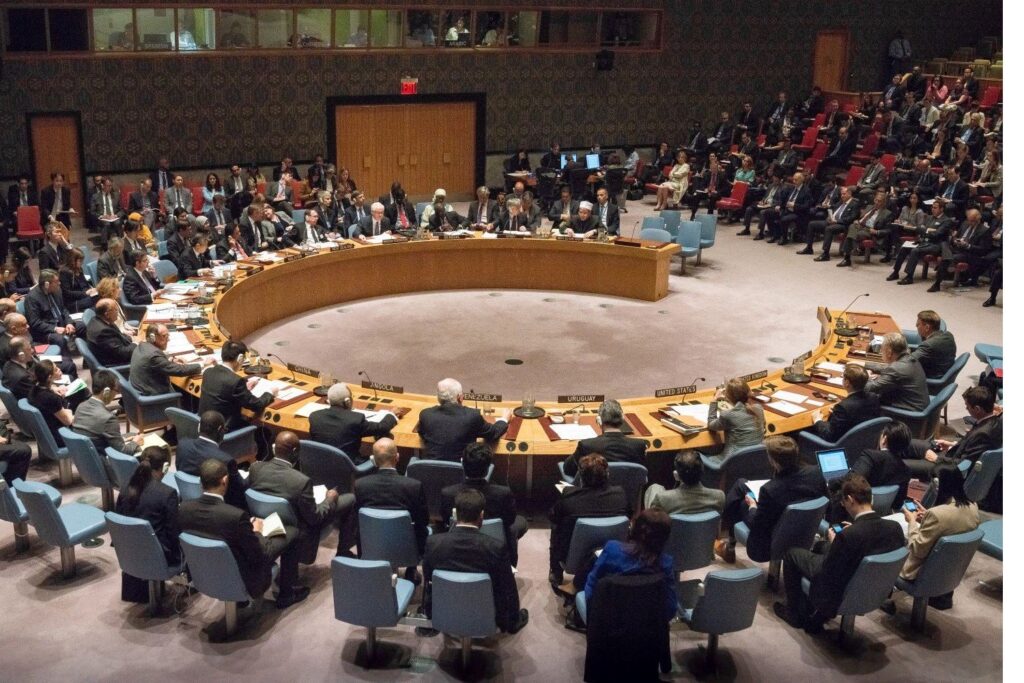The U.S. will support an international cybercrimes treaty that a broad coalition of businesses and human rights groups have warned will weaken global cybersecurity and make it easier for authoritarian regimes to spy on and prosecute their citizens, according to media outlets briefed on the decision.
A United Nations committee finalized the language of the proposed treaty in August after a contentious, years-long process. Broadly, the new convention encourages signatories to collect more data about potential cybercrimes, share data about suspects with each other, and make it easier to extradite criminals and seize the proceeds of their crimes.
Human rights advocates, including the U.N.’s Office of the High Commissioner for Human Rights, have warned that the convention applies an overly broad definition of cybercrime, allowing nations to request international assistance when investigating basically any crime enabled by technology. That could include crimes such as cyber-libel or incitement of violence which, in some countries, have been used to prosecute journalists and protestors.
The treaty contains a provision stating that nothing in it should be interpreted as permitting the suppression of human rights, but critics say the language is vague and will do little to prevent authoritarian governments from using the new powers to crack down on political opponents, minority groups, and people in same-sex relationships.
“By expanding government surveillance to investigate crimes, the treaty could create an unprecedented tool for cross-border cooperation in connection with a wide range of offenses, without adequate safeguards to protect people from abuses of power,” wrote Tirana Hassan, the executive director of Human Rights Watch.
Nations who sign the convention agree to cooperate and share data regarding cybercrimes. They’re also obligated to establish laws that require digital service providers to preserve real-time web traffic data, subscriber information, and the contents of messages and share that information with law enforcement in response to legal requests. The convention instructs signatories to pass laws that require service providers to keep those government requests for highly sensitive information confidential.
Those provisions have drawn fierce criticism not just from privacy and human rights advocates, but also from international business organizations and technology companies.
“The fact that you have industry and civil society aligned in our concerns to such an unprecedented degree should continue to give member states pause,” Nemanja Malisevic, Microsoft’s director of digital diplomacy, said during a hearing before the final language of the treaty was approved. “At its heart, this treaty still remains a data access, global surveillance treaty in the guise of a cybercrimes treaty without adequate safeguards to prevent government abuse of power. And in its current form, this treaty will erode data privacy, threaten digital sovereignty, and undermine online rights and freedoms globally.”
Citing anonymous officials in the Biden administration, Politico reported that the U.S. is likely to support the treaty when it comes up for a vote at the U.N. this week. However, it’s unlikely that the U.S. will ratify the treaty itself, as doing so requires approval by two-thirds of the Senate.


